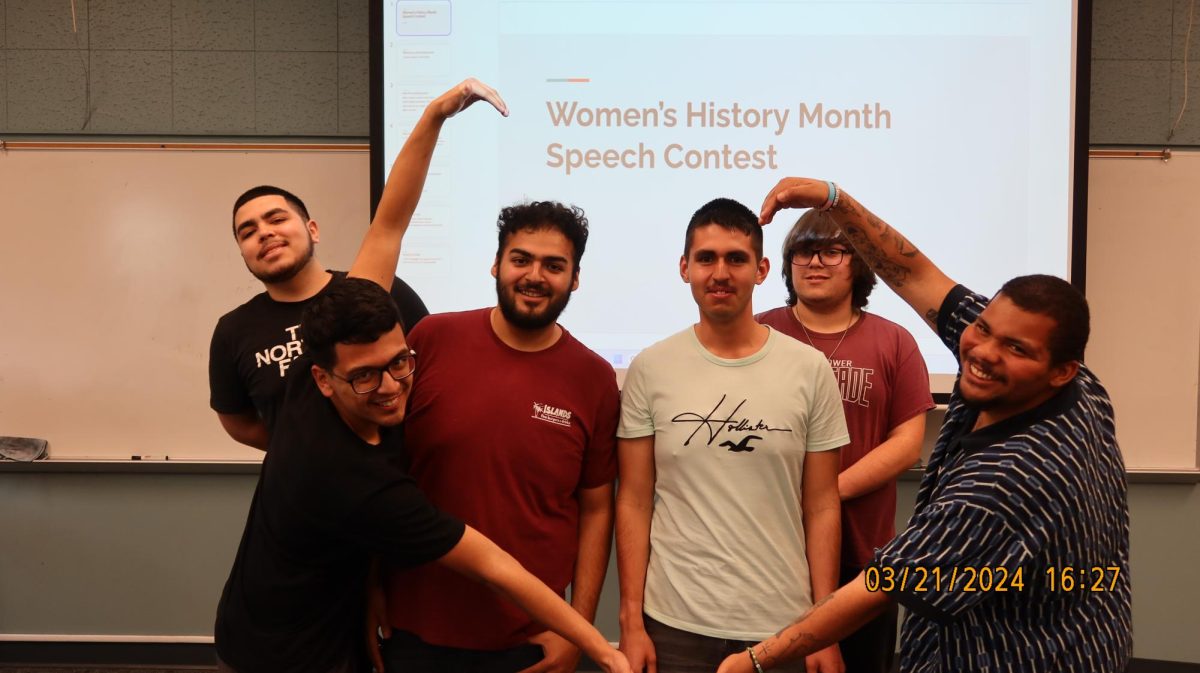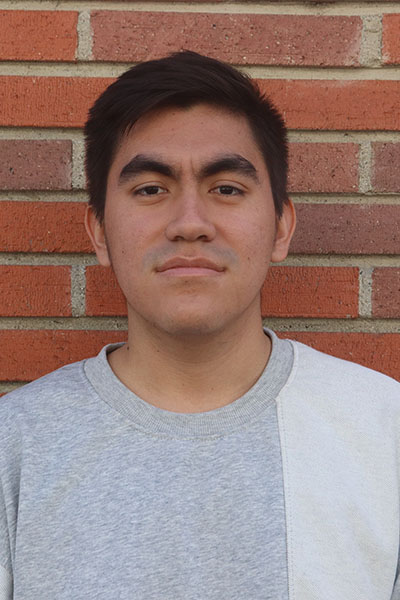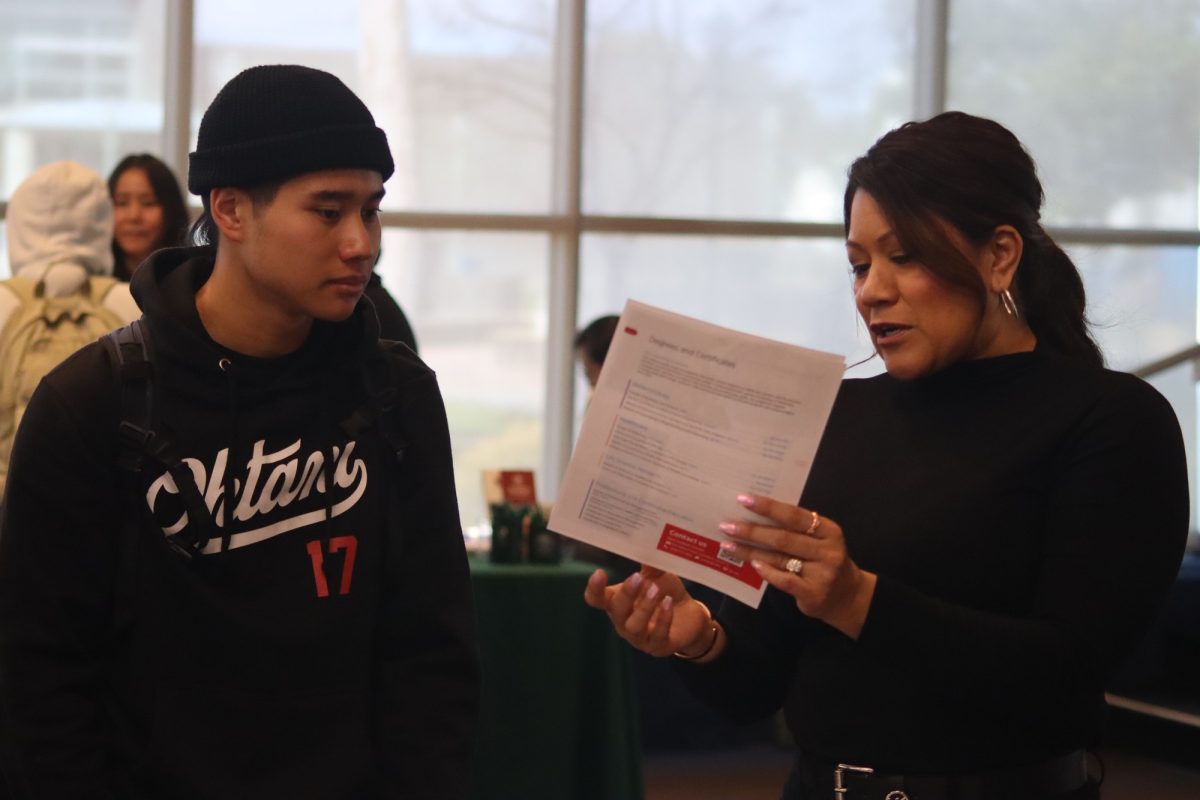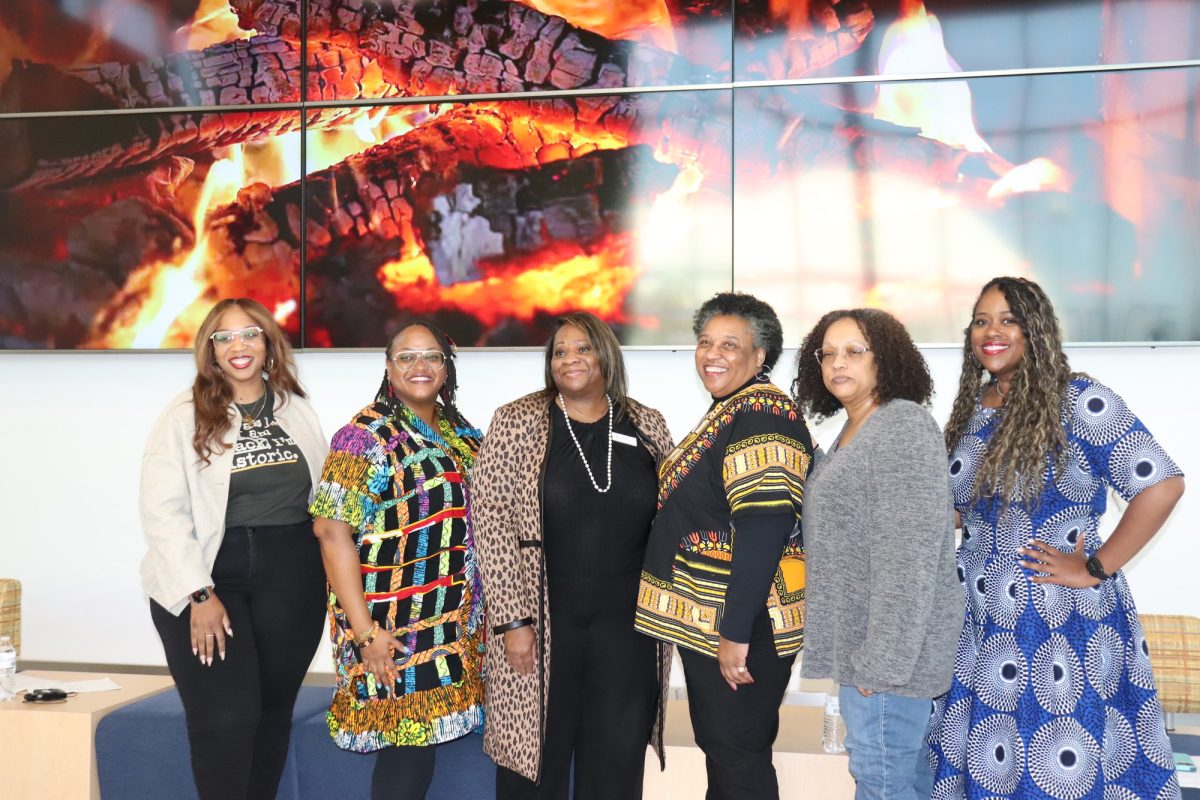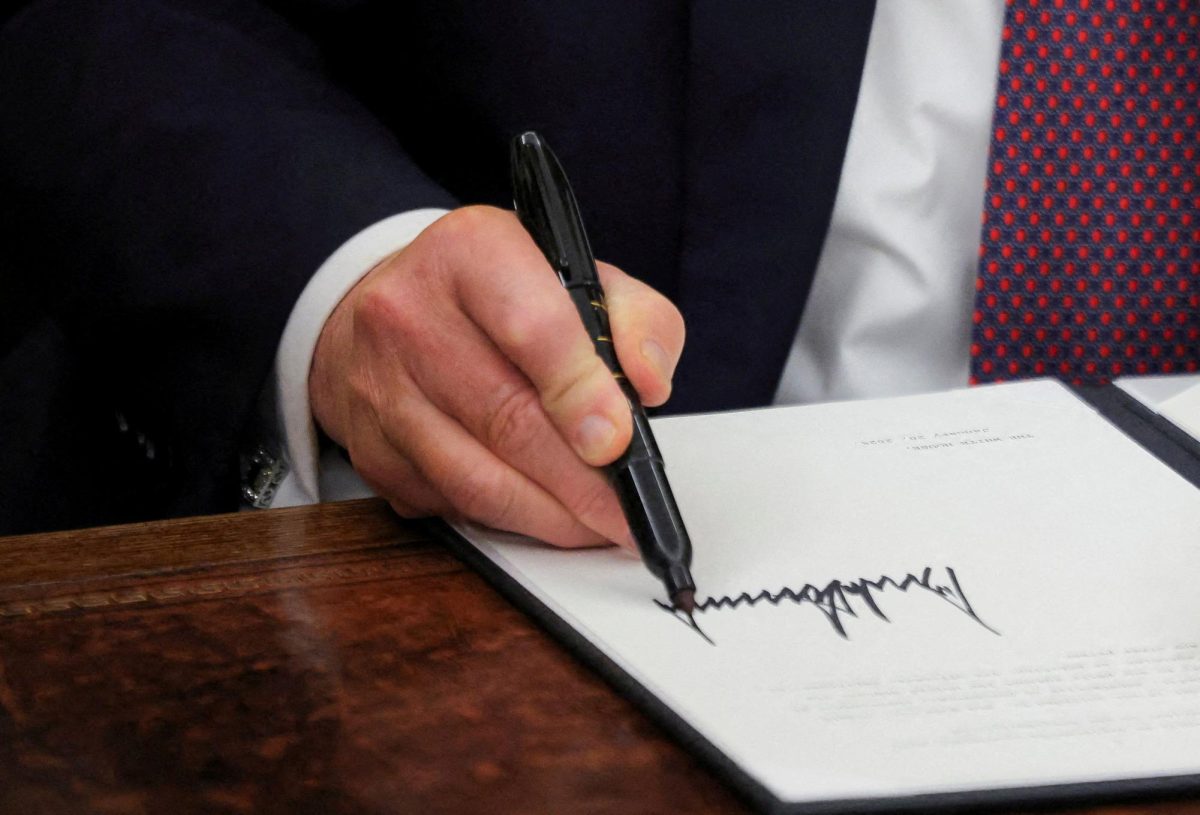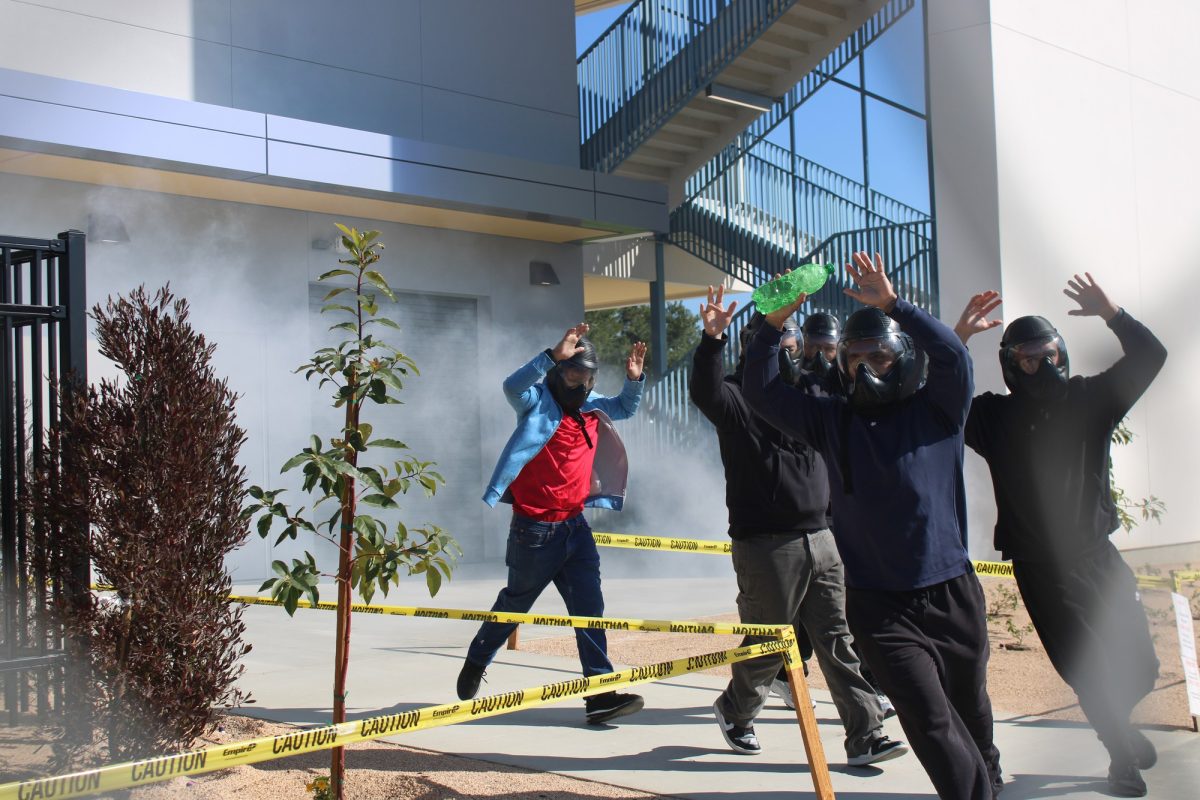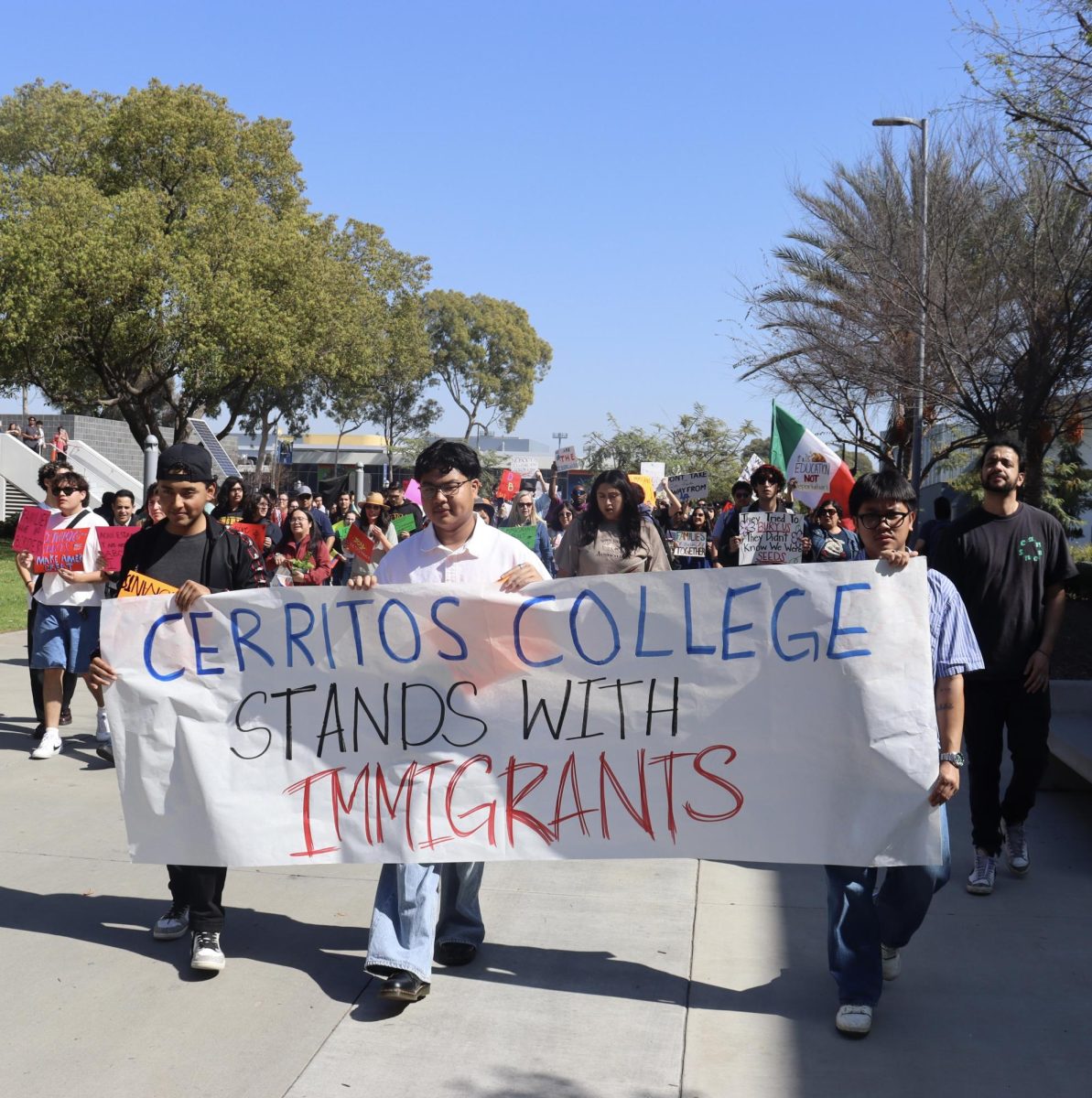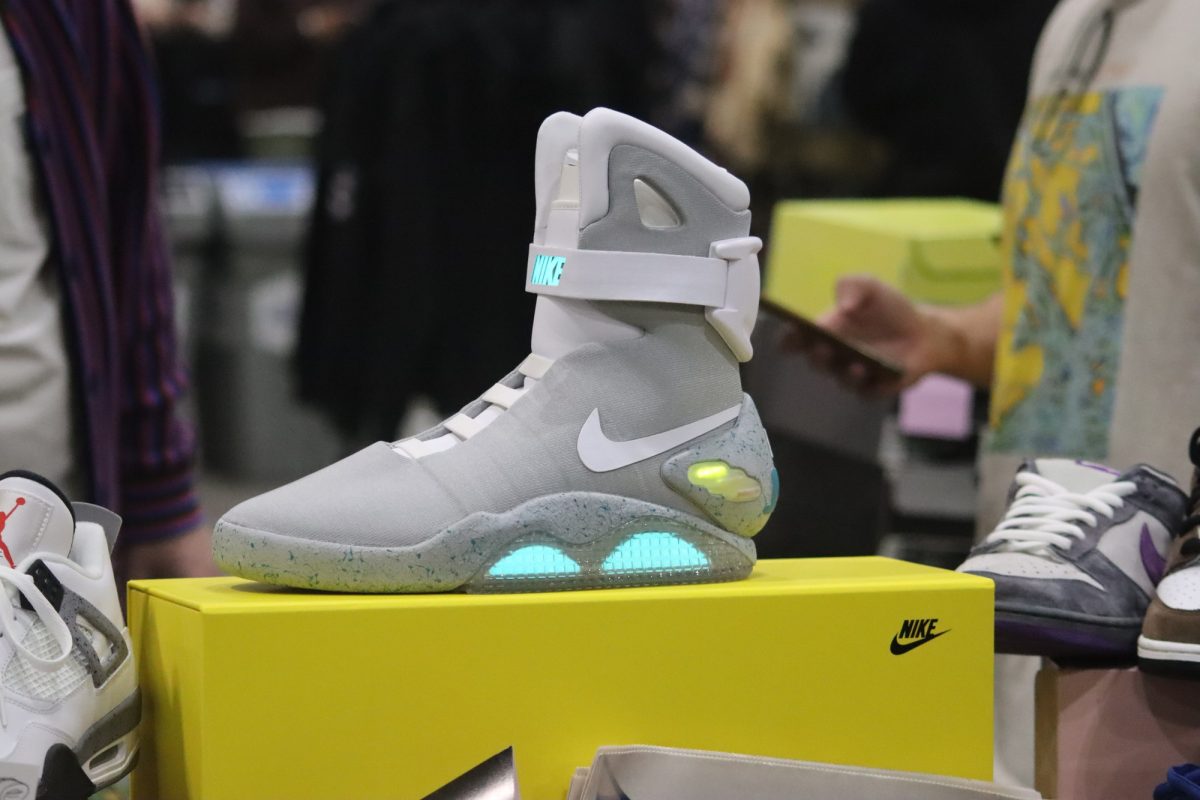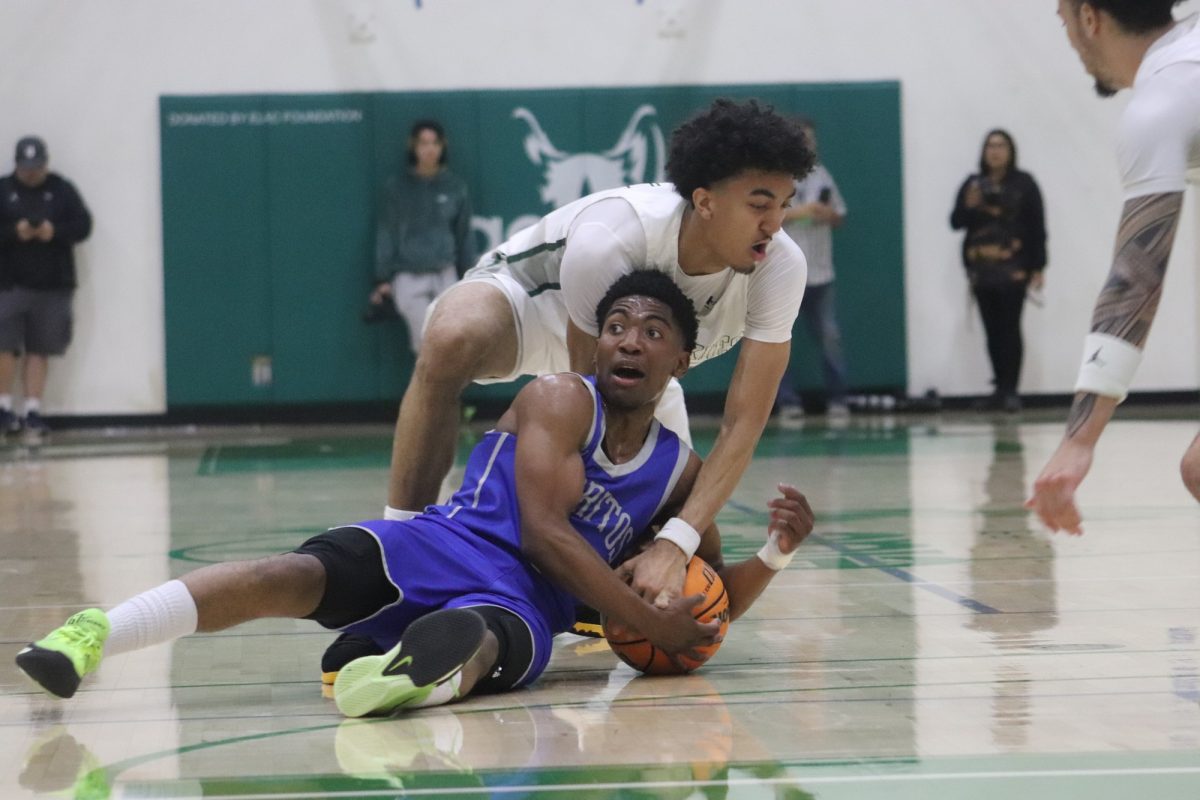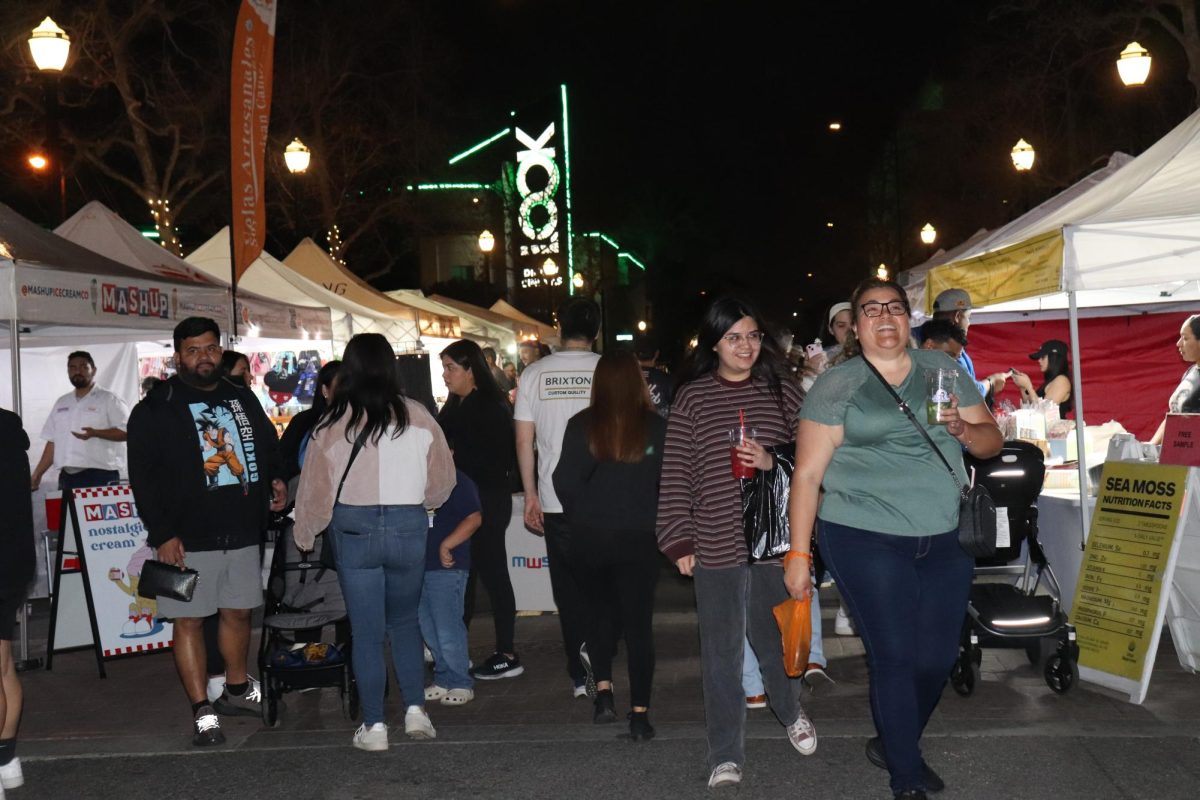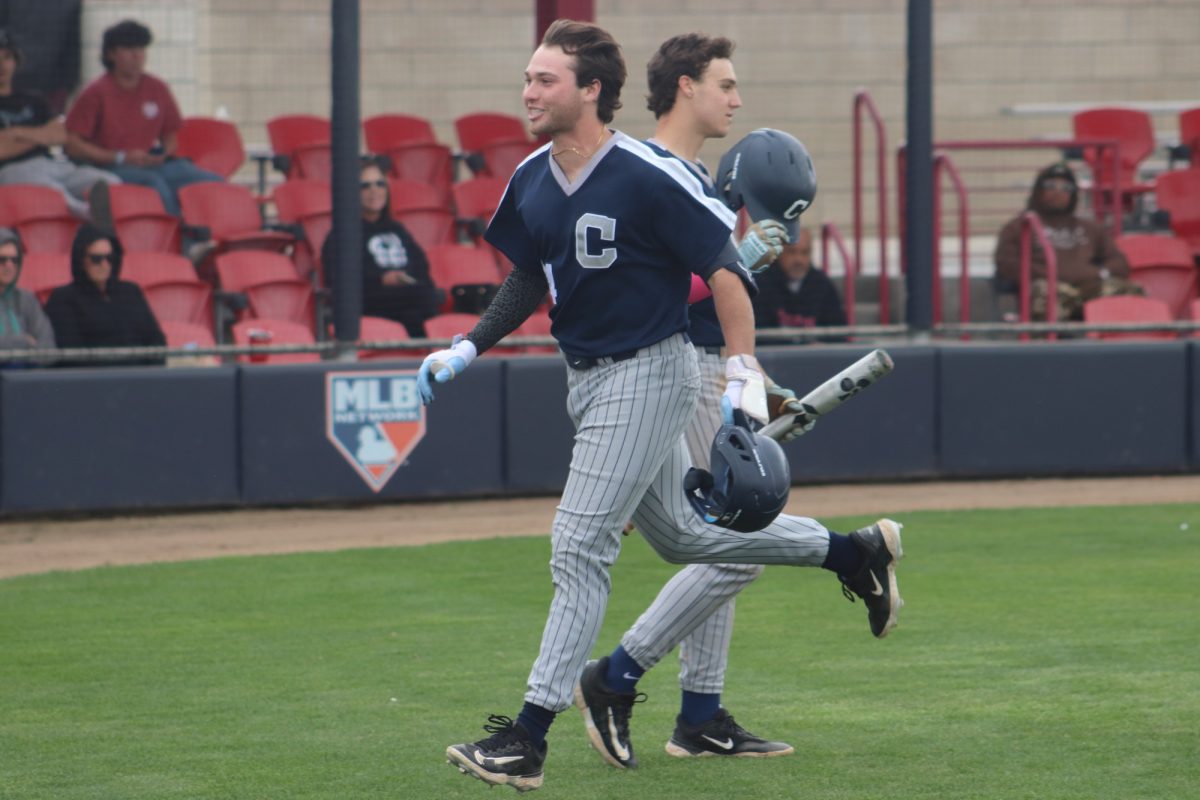“This is a great opportunity to think about the theme of women’s history month, which is all about telling the stories of women.” said the host, Nick Mathews.
Mathews is a communication studies professor and director of the Forensics Speech and Debate team, which hosted the competition Thursday March 21 in the Social Science Building.
The event had a somewhat low turn out of about seven student attendees, six of which participated. The participants consisted of members from the Forensics team and a couple students seeking to join the team.
“What is the biggest challenge facing women in 2024, and how should it be addressed?” was the prompt that the students’ speeches would need to be based.
The speeches would be judged by several factors such as the arguments presented, the student’s ability to substantiate their claims with both credible evidence and sources, the way the speech is organized etc.
“It’s not like writing an essay… when you do a speech it’s one and done, you say it and that’s it. It’s really important when you’re giving a speech to structure it in a way that’s easy to follow and it’s also important to deliver it in a compelling way,” Mathews said.
The participants had 30 minutes after seeing the prompt to prepare their seven minute speeches, then at the end the winners were declared with $200 for first place.
Each student delivered an impressive and compelling speech that were all well researched on the topics being discussed.
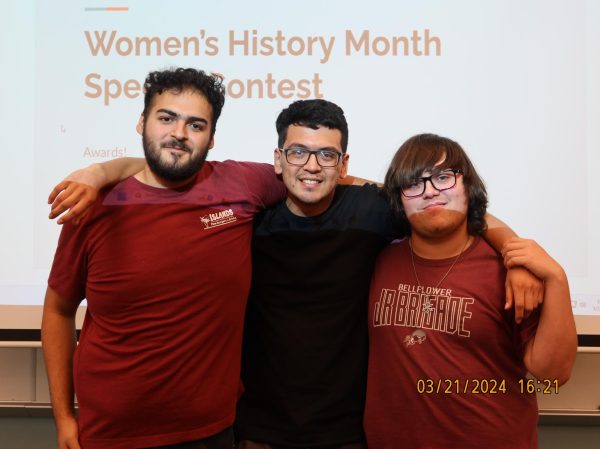
Topics covered included issues revolving around wage gaps, improper medicinal dosages for women, the different roles for women in different cultures, basic standards of living and abortion rights.
Gerardo Silva, nursing major, who was the first to present his speech. “Inequity and inequality in healthcare” Silva said were the biggest issue facing women this year.
Silva talked about how women make up a majority of the workforce in medicine, yet they only take up a quarter of the leadership positions in total.
“You have figures like Florence Nightingale who helped improve the system to what it was… yet with that, despite all the things that women put forward they’re still paid less,” Silva said, one of his solutions to this issue is fixing the wage gap.
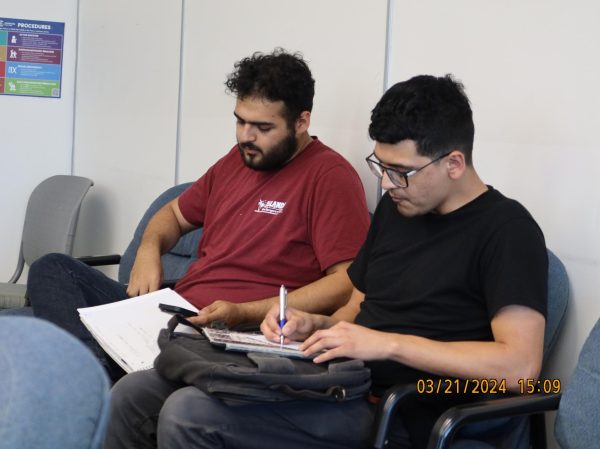
Cesar Sosa, business and administration major, won first place, also presented a speech that highlighted issues within the healthcare system.
Sosa’s speech however focused mainly on how drugs being prescribed to both men and women are primarily optimized for male bodies, which leads to increased side effects for women.
“Females tend to be heavily overmedicated… They’re assuming that males and females are the same body, we have the same type of structure, it’s just not true the hormones are completely different and so why would the medicine still be the same?” Sosa said.
This topic is important to Sosa due to working with his father, a cardiologist director, who has seen how the medicine is widespread and how decisions are being made mostly by males.
Sosa’s solution is that the medical system should be reconstructed to properly accommodate the female population, reevaluate who the important people are in the industry, nurses, and how more women are needed in leadership and business roles.



